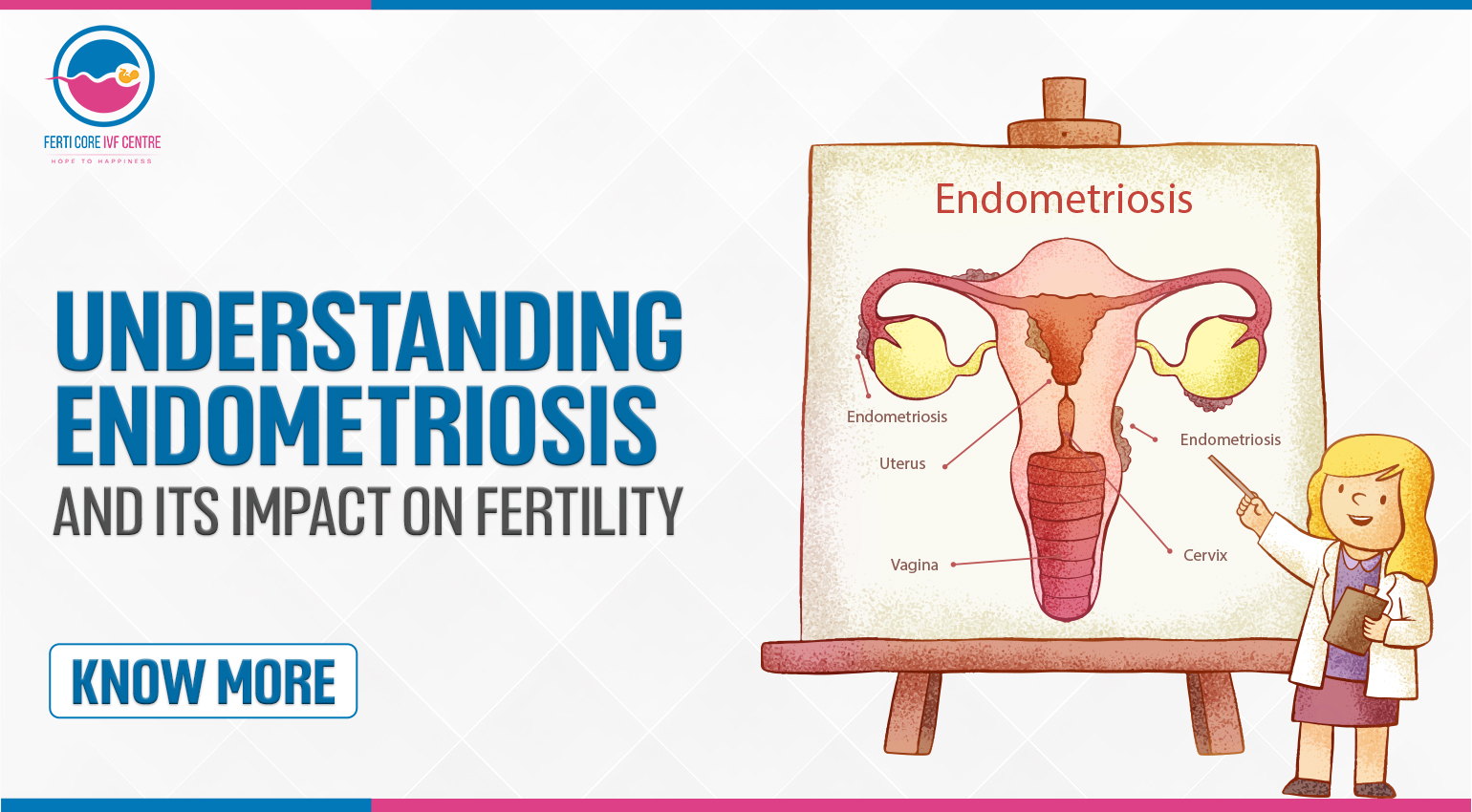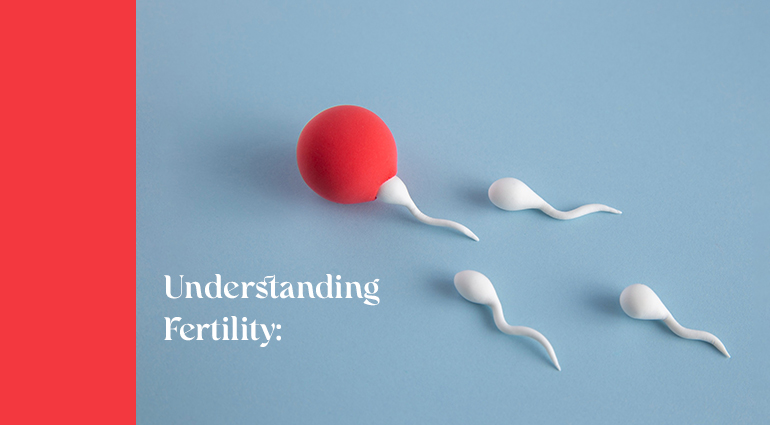Personalized care in in vitro fertilization (IVF) involves tailoring fertility treatments to meet the unique needs and characteristics of each individual or couple undergoing the process. This approach recognizes that fertility issues can vary greatly from person to person, and a one-size-fits-all approach might not be as effective in achieving successful outcomes. By customizing IVF treatments, healthcare providers aim to optimize the chances of successful conception while minimizing potential risks and emotional stress for patients.
Here are some key aspects of personalized care in IVF:
- 1. Medical History and Evaluation: Before starting IVF, a thorough medical history and evaluation are conducted. This includes assessing both partners' reproductive health, medical conditions, previous fertility treatments, and any potential genetic or hereditary factors that might affect the outcomes.
- 2. Tailored Treatment Plans: Based on the evaluation, fertility specialists create individualized treatment plans that address specific challenges and concerns. This might involve adjusting medication dosages, choosing the most appropriate type of IVF (conventional IVF, intracytoplasmic sperm injection [ICSI], etc.), or considering alternative approaches like preimplantation genetic testing (PGT) to screen embryos for genetic abnormalities.
- 3. Ovarian Stimulation Protocols: Ovarian stimulation is a crucial phase in IVF that involves administering medications to promote the growth and maturation of multiple eggs. The medication dosage and protocol can be adjusted based on factors like age, ovarian reserve, and hormonal levels to optimize egg quantity and quality.
- 4. Genetic Testing: For couples with a history of genetic disorders or advanced maternal age, personalized IVF may involve genetic testing of embryos before implantation. This helps select embryos that have a higher chance of successful implantation and a reduced risk of passing on genetic disorders.
- 5. Lifestyle and Diet Recommendations: Lifestyle factors such as diet, exercise, stress management, and avoiding certain environmental toxins can impact fertility. Personalized care might include recommendations to improve these aspects of patients' lives to enhance their chances of success.
- 6. Emotional Support: Fertility treatments can be emotionally taxing. Providing psychological and emotional support is an essential part of personalized care. Offering counseling, support groups, and resources to manage stress and anxiety can make the journey more manageable.
- 7. Monitoring and Adjustments: Throughout the IVF cycle, close monitoring of a patient's response to medications and treatment is crucial. This allows healthcare providers to make timely adjustments to the treatment plan if necessary.
- 8. Continued Communication: Open and honest communication between patients and healthcare providers is vital. Patients should feel comfortable discussing their concerns, preferences, and any challenges they're facing, enabling the care team to make informed decisions.
- 9. Data and Technology: Personalized care can also involve leveraging advanced technologies and data analysis to predict outcomes and adjust treatment strategies in real-time based on how a patient is responding.
By tailoring IVF treatments to individual needs, personalized care aims to improve success rates, reduce the physical and emotional burden on patients, and ultimately increase the likelihood of achieving a healthy pregnancy and childbirth. It's important to consult with a qualified fertility specialist to determine the best personalized approach for your unique circumstances.
 Understanding Endometriosis and its Impact on Fertility
Understanding Endometriosis and its Impact on Fertility
 10 Best Foods That Can Enhance IVF Success and Boost Fertility Naturally
10 Best Foods That Can Enhance IVF Success and Boost Fertility Naturally
 Personalized Care in IVF: Tailoring Treatments for Individual Needs
Personalized Care in IVF: Tailoring Treatments for Individual Needs
 Understanding Fertility: Common Causes and Treatments:
Understanding Fertility: Common Causes and Treatments:
 Navigating the IVF Journey: A Step-by-Step Guide
Navigating the IVF Journey: A Step-by-Step Guide